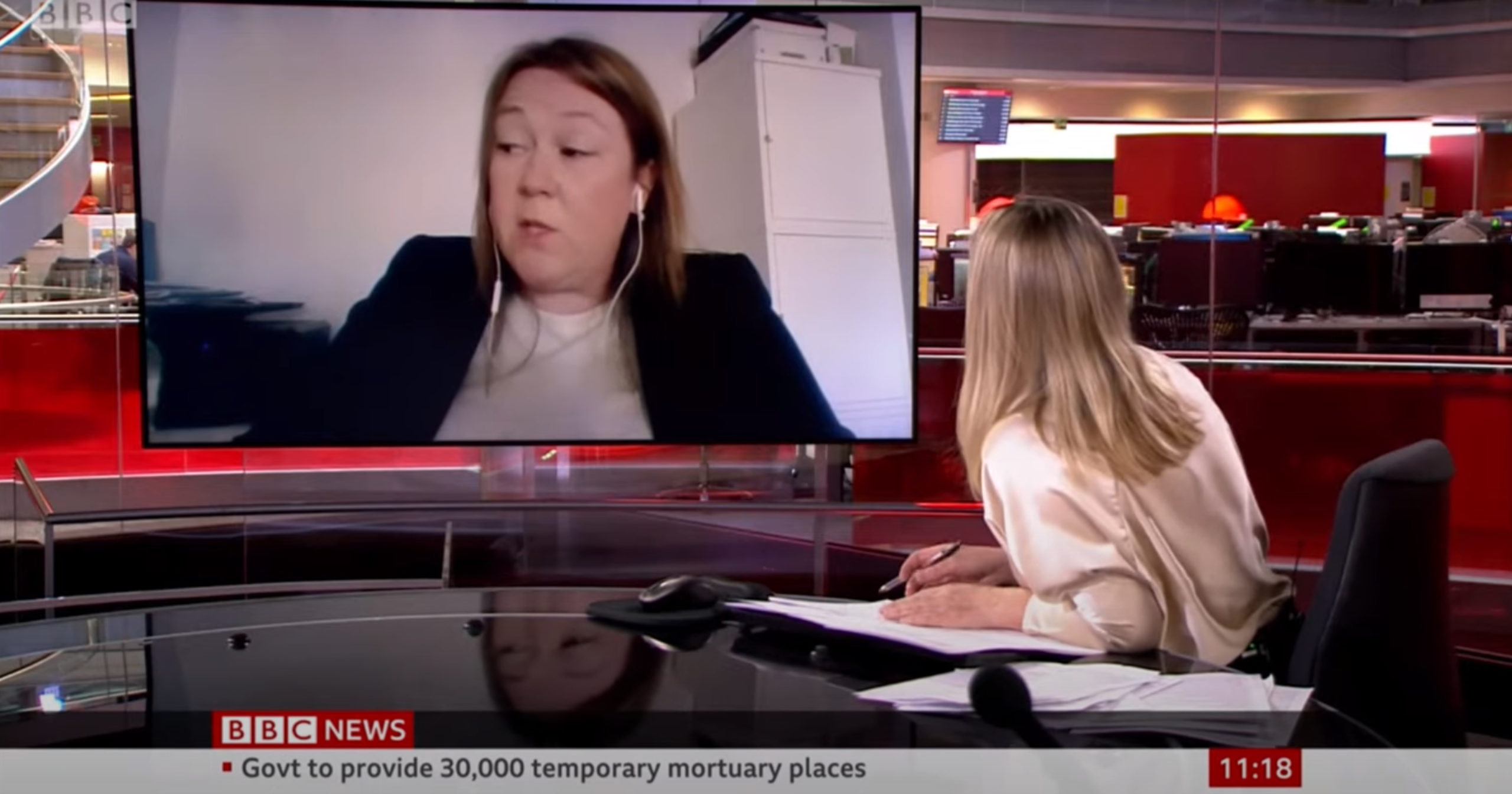- People
- Expertise
Our expertise
We are a team of more than 500 professionals, with the depth of experience which makes us genuine experts in our fields. Together, gunnercooke’s people have strength across just about every corporate discipline and sector. We provide legal, commercial and strategic advice that delivers real value to the clients we work with, which span from multinational enterprises through to unicorns and non-for-profit organisations. Our breadth of expertise covers some of the most interesting and important emerging disciplines, from ESG and charity law, to blockchain and competition.
Search by practice areaDispute ResolutionDispute Resolution OverviewMeet the Dispute Resolution TeamIntellectual Property DisputesFinancial Services & FinTech OverviewProceeds of CrimeEmployment TribunalTax InvestigationProperty Dispute ResolutionInsolvency DisputesMediationCivil Fraud & Asset TracingHealth & SafetyBusiness Crime & InvestigationsLitigation & ArbitrationInternational Arbitration - International
International Offices
The gunnercooke group has 15 main global offices across England, Scotland, the US, Germany and Austria, with further plans for growth in the coming years. These offices enhance the existing in-house capability of our dedicated international teams and dual-qualified experts that cover Spain, France, Italy, Portugal, Brazil, China, India, Poland and Hungary. Our team have clients across 123 jurisdictions, speak 46 languages and are dual-qualified in 21 jurisdictions. Our expertise means we can offer large teams to carry out complex cross-border matters for major international clients.
- Our story
Our story
gunnercooke is the fastest growing corporate law firm in the UK, now making its mark globally. We comprise a rapidly growing number of experts spanning legal and other disciplines. Clients benefit from flexible options on fees to suit their needs, access to a wider network of senior experts throughout the relationship, and legal advice which is complemented by an understanding of the commercial aspects of running a business.
- Reading Room
- News & Insights

The latest on Kostal v Dunkley: UK Supreme Court removes veto threat but requires full collective bargaining before any direct offers
gunnercooke Partner Angela Brumpton has advised Kostal UK ltd on the high-profile case of Dunkley & Others v Kostal UK Ltd, which has now reached a decision in the Supreme Court.
The case focused on the proper interpretation of section 145B of the Trade Union and Labour Relations (Consolidation) Act 1992. Despite Kostal being ultimately unsuccessful on the facts, the decision ruled that 145B should not be interpreted so as to give trade unions an effective veto in collective bargaining (as had been the case following the EAT’s judgment).
The judgment provided that employers can make direct offers to workers to change their terms and conditions but only after collective bargaining has been attempted and the employer is satisfied that the process has been exhausted.
This gives much needed clarity for both employers and unions as to their options and obligations when agreement cannot be reached during collective bargaining.
Angela Brumpton commented: “Whilst this was a disappointing result for our client on this case, employers in general will no doubt be content with the Supreme Court decision, which removes a considerable degree of risk where collective bargaining has been exhausted.”
The appeal against gunnercooke’s client Kostal was made by the union, Unite. More than 50 claimants have been awarded two fixed penalties in respect of two alleged inducements.
The case began in 2015 and has since been fought through the Sheffield ET, EAT and Court of Appeal.
Thompsons advised the current Appellants. Leading counsel includes Andrew Burns QC and Georgina Hirsch of Devereux Chambers for Kostal UK Ltd. Oliver Segal QC and Stuart Brittenden of Old Square Chambers are for the Appellants.
Angela Brumpton is an Employment Partner at gunnercooke covering the full spectrum of employment law advice across a range of sectors including complex cases and tribunals.





